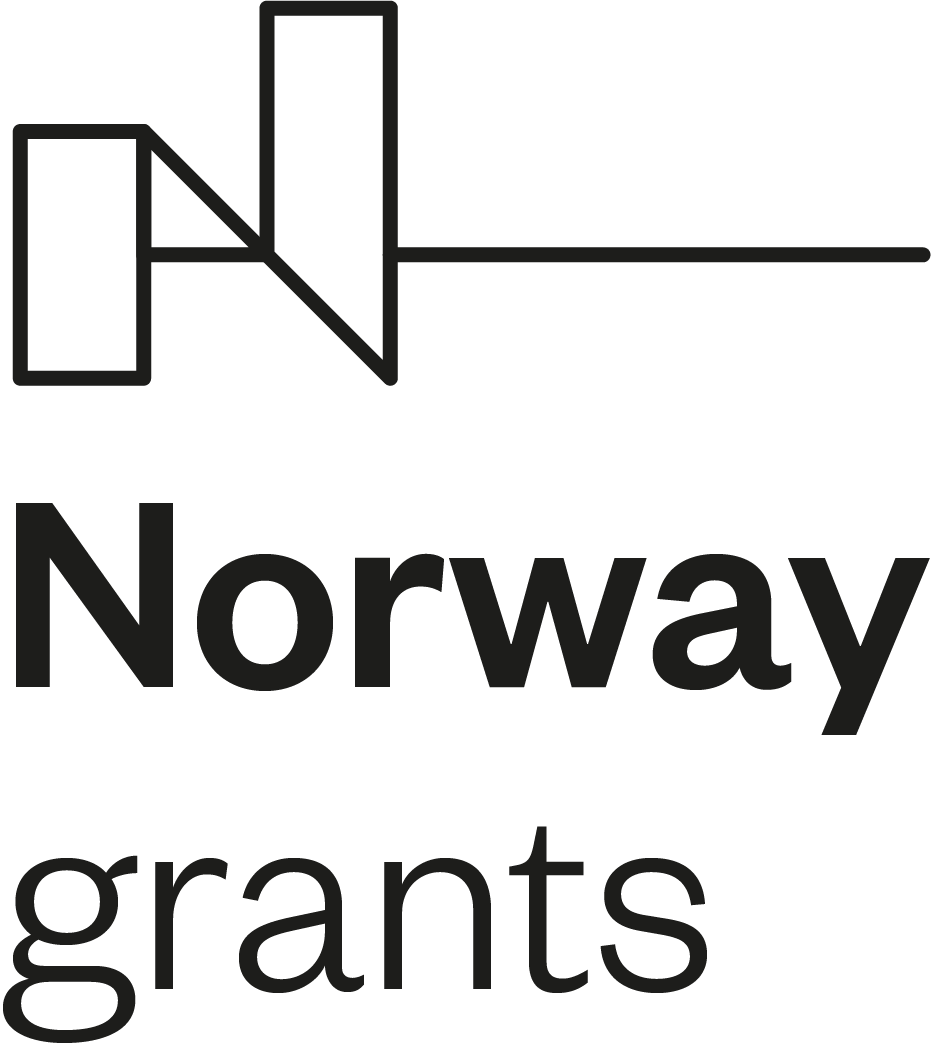| State | Armenia |
| Existing of Ethical code | ☒ Yes
☐ No Note: |
| Number of Ethical codes | ☒ For judges
☒ For prosecutors ☐ For both legal professions |
| Sources | Ethical principles for magistrates are exist in two different laws in Armenia – the Law of Judiciary and the Law on the Prosecutor’s Office |
Extraction from the Judiciary Law Act regarding ethical principles for judges:
Article 68. Ethics Rules of Judges
1. The General Assembly shall define the ethics rules of judges, which shall be incorporated in the judges’ training programs.
2. The ethics rules of judges shall be personal and behavioral limitations upon judges, which the judges accept consciously and voluntarily with a view to upholding the reputation of the judge and of the judicial power, and safeguarding the public perception of his fair-mindedness, politeness, and being balanced.
3. A violation of the ethics rules may not be a ground for imposing disciplinary liability upon a judge.
Article 69. General Rules of Judge Conduct
1. In performing any activity and under all circumstances, a judge shall:
1) Abstain from displaying conduct discrediting the judicial power or reducing public trust in the independence and impartiality of the judicial power;
2) Not use and not allow others to use the reputation of his judge position to his or another person’s benefit;
3) Demonstrate political restraint and neutrality
4) Abstain from interfering with the administration of justice by another judge;
5) Abstain from publicly casting doubt on a judge’s professional and personal qualities;
6) Abstain from publicly casting doubt on a court’s actions and judicial acts, except when carrying out professional activities in the frames of scientific freedom or activities stipulated by law;
7) Abstain from publicly expressing an opinion on any case examined or expected in any court, except when the judge acts in the case as a party or as a lawful representative of a party;
8) Abstain from making statements or displaying conduct that undermines or casts doubt on a court’s or judge’s independence and impartiality;
9) Immediately inform the Supreme Judicial Council about any interference with the administration of justice or the exercise as court of other powers stipulated by law, or the exercise of rights arising from his status of a judge;
10) Not act as a representative and not give advice, including free of charge, unless acting as a lawful representative or giving free legal advice to his close relatives or persons under his guardianship or custody;
11) Respect the limitations prescribed by this Code on accepting gifts;
12) Not initiate, not allow, and not take into account communications with one party or his attorney made without the presence of the other party or his attorney (hereinafter, “ex parte communications”), and whenever ex parte communications occur irrespective of the judge’s will, upon the very first opportunity inform the other party of the substance of such communications and enable to respond. Exceptions from this rule shall be permissible only in the following cases:
a. When circumstances make ex parte communications necessary for logistical purposes, such as reaching agreement on the date and time of a court hearing, for instance, or other cases of arranging the court proceedings, provided that the communications do not concern the substance of the case, do not place one party at a procedural or other advantage over another, and provided that the judge upon the very first opportunity communicates the substance of such communications to the other party—allowing the latter to respond; or
b. When such ex parte communications by the judge are directly prescribed by law;
13) Not initiate and not allow consulting a judge of a higher-instance court that may receive an appeal in the same case, or with a judge who self-withdrew in such case; and
14) When a judge asks an expert that does not have an interest in the outcome of the case to give advice on the applicable law (except for another judge, and except for court staff whose function is the facilitate the judge in the administration of justice), the judge shall, upon the very first opportunity, inform the parties of such expert’s identity and the opinion provided on the issue, and enable them to express their position thereon.
Article 70. Rules of Conduct of Judge Acting in Official Capacity
1. The judge’s obligations related to the administration of justice and, as a court, in the exercise of other powers stipulated by law, shall prevail over other activities performed by him.
2. When acting in official capacity, a judge shall:
1) Examine and resolve matters reserved for his authority by law, unless there are grounds for self-withdrawal of the judge from a case;
2) Act autonomously when rendering judicial acts;
3) Be impartial and abstain from displaying bias or discrimination with words or conduct, and from leaving such an impression with an impartial observer;
4) Perform his official duties fully and in good faith, and cooperate with the court staff and other judges;
5) Display a respectful and polite attitude to the participants in proceedings, judges, court staff, and all persons with whom the judge communicates in his official capacity;
6) Without harming the interests of justice, and in a reasonable period and by incurring minimum judicial expenses, examine and resolve matters reserved for his authority by law;
7) Not allow conflicts of interest and preclude any influence of family, social, or other relationships on the exercise of his powers in an official capacity;
8) Not use, publish, or otherwise make accessible any non-public information that became known to him in connection with the performance of official duties for purposes other than the administration of justice and the exercise as court of other powers stipulated by law, unless the law provides otherwise;
9) Participate in mandatory training programs;
10) Ensure his proper professional competence and continuous improvement of skills;
11) When participating in the process of appointing judicial servants, avoid displaying protectionism;
12) Wear a robe when conducting court hearings;
13) Not interfere with the operation of the court hearings audio-recording system;
14) Within reasonable limits, behave in such a way as to minimize the cases necessitating self-withdrawal;
15) Participate in the General Assembly, and in case of being a member in a committee of the General Assembly, the sessions of such committee;
16) Inform the Chamber of Advocates or the Prosecutor General, respectively, of such a violation by an advocate or a prosecutor of the conduct rules, which casts doubt on the integrity of such advocate or prosecutor; and
17) Interact with the mass media in accordance with the rules defined by the Supreme Judicial Council.


